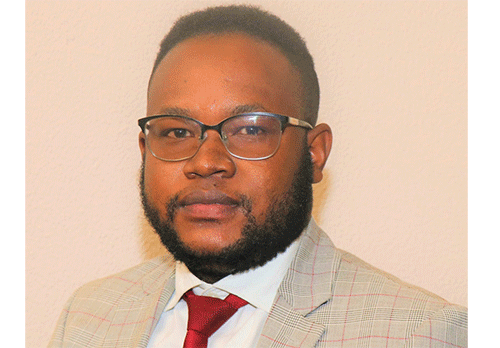Lawmaker Maximalliant Katjimune of the Popular Democratic Movement stated that due to missing records and other issues, the Namibia Students Financial Assistance Fund (NSFAF) will never have a sustainable payback model.
“NSFAF has lost hundreds of thousands of records – and that secondly, the vast majority of beneficiaries are simply not willing to pay back because of the genuine belief that higher education ought to be free to liberate those from previously disadvantaged backgrounds and create an equilibrium. That is the glaring reality – whether we are comfortable with it or not,” said the youthful politician. Katjimune was speaking in the National Assembly last week.
According to him, the issue of student loan debt is a multifaceted problem that extends beyond the capacity to pay.
The fund has adopted an aggressive stance to get what is owed to it until it summoned some lawmakers, believed to be former beneficiaries, in arrears. This aggressive stance has resulted in the recovery of at least N$25 million over the last two financial years. Katjimune is one of the former beneficiaries still in arrears, but he remains firm in his resolve that he “will not pay back the money”.
Students, according to him, often being first-time breadwinners in their families, face challenges in securing adequate employment opportunities.
Katjimune noted it is evident that a complete write-off of redundant NSFAF debt without impractical incentives is a feasible and equitable proposition. “A comparable strategy of unconditional debt relief could liberate Namibian graduates from the shackles of debt, fostering a more favourable environment for their economic participation. Our youth deserve comprehensive policies that truly mitigate financial burdens and ignite meaningful, enduring employment opportunities,” said Katjimune.
Kennedy Kandume, the acting CEO of NSFAF and other managers, appeared before the parliamentary standing committee on public accounts in July.
During the meeting, Kandume admitted the fund has no records of how N$1.7 billion in student loans and grants were spent.
Kandume explained the lack of a proper data capture system contributed to the fund’s inability to account for the millions.
He stated that after the implementation of a data integration system, approximately N$220 million had been successfully recovered.
However, he did not provide details on how the remaining N$77 million would be recovered.
Furthermore, Finance and Public Enterprises minister Iipumbu Shiimi while tabling the mid-year budget review this month stated that government allocated N$376.3 million to cover shortfalls in student funding at NSFAF.



